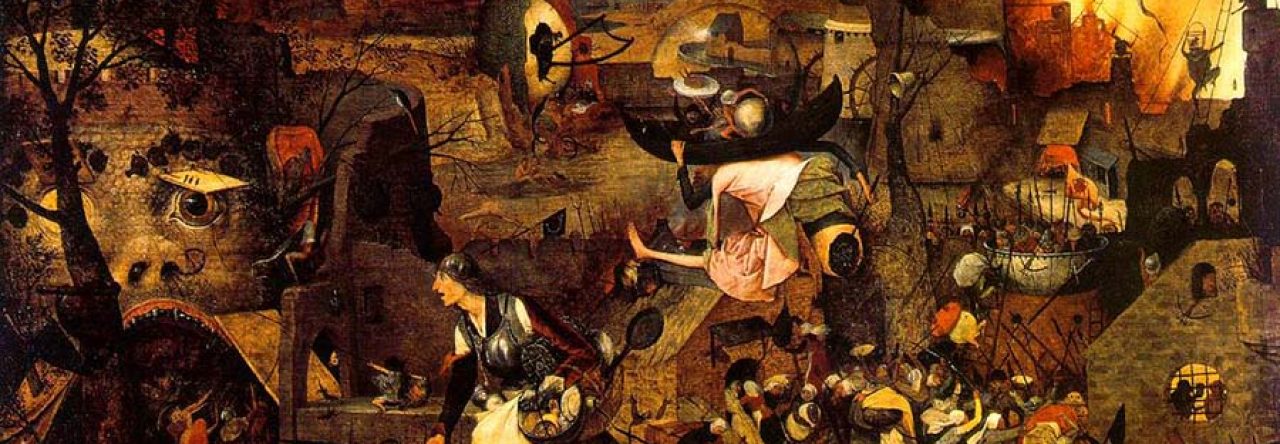I enjoyed the Netflix series Altered Carbon more than I enjoyed the books written by Richard Morgan. They numbered among those guilty of my least favorite criminals in the science fiction genre: exciting worlds full of engaging ideas written poorly, presumably at top speed in order to pay the goddamned bills. It’s an unfortunate pattern I’ve been haunted by more than a few times and a hypothetical (following my own assumption that books were issued hastily) situation that I empathize with. I hope that the Netflix money provided the author some more time and resources to invest in his creations. The preceding makes me feel somewhat mean.
The reason for this personal attack on a writer (sorry!) is that I read an overdue explanation of the reasons that Netflix keeps cancelling shows after two seasons from Wired and it really points to how little algorithmic trickery and how much the simple cost of production and the oddball bonus incentive structure tied to attracting creative talent has to do with it. You’d think there were many more data points under consideration and for a longer period than 28 days but apparently it’s watched one and watched all spread over a slightly less than month long period weighed against costs that will rise per additional season after the second:
Netflix tries to make itself more appealing to TV show producers by giving them bonuses and pay bumps as a series carries on. Harrington says that shows on Netflix are more expensive after season two, and even more expensive after season three, with the premiums going up each season. “They have to give [a show] more money per series, and if they decide to recommission it, it becomes more expensive for them to make,” he says. “Because of that, so many more shows are canceled after two series because it costs them more.”
Financially, it makes more sense for Netflix to commission a new show than to renew an underperforming show that is only going to get more expensive the longer the series goes on. Tim Westcott, research and analysis director at Omdia, says that in terms of investment in content, Netflix is still in the growth stage. “In the US, subscriber growth has leveled off a bit, and they’ve now got a lot of competition in the US. But they’re adding many hundreds of thousands of subscribers every quarter around the world. They’re still in a phase where they’re still throwing fuel on the engine to keep that subscriber growth going,” he explains, adding that it’s ultimately looking to increase volume so that it can churn out new shows that it can promote to attract more subscribers.
This strikes me as absurdly since so many intriguing series that have excited me were doomed from the start by their release date or what was going on in the world when they were released (would Tiger King be nearly as successfully as it was had it been released before the Covid-19 quarantine? I have my doubts.) and that part of the algorithmic decision making breaks my fucking heart. I guess it’s marginally better to know than to be clueless but the ruthlessness of this decision making process makes me not want to get too emotionally involved in anything that Netflix produces.
